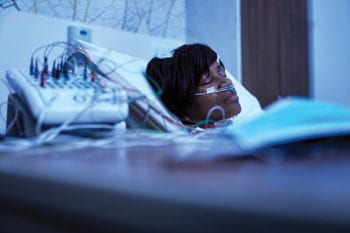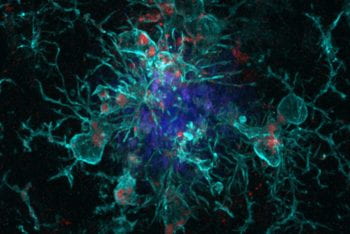When you live with dementia, your sleep breaks apart, the nights a strobe-lit blur, the grayed days lost to catnaps. Physicians — and families — have known this for years. But what no one realized, until landmark research at Washington University in 2009 set a series of studies in motion, was that fragmented sleep might […]
How deep sleep keeps our brains intact



